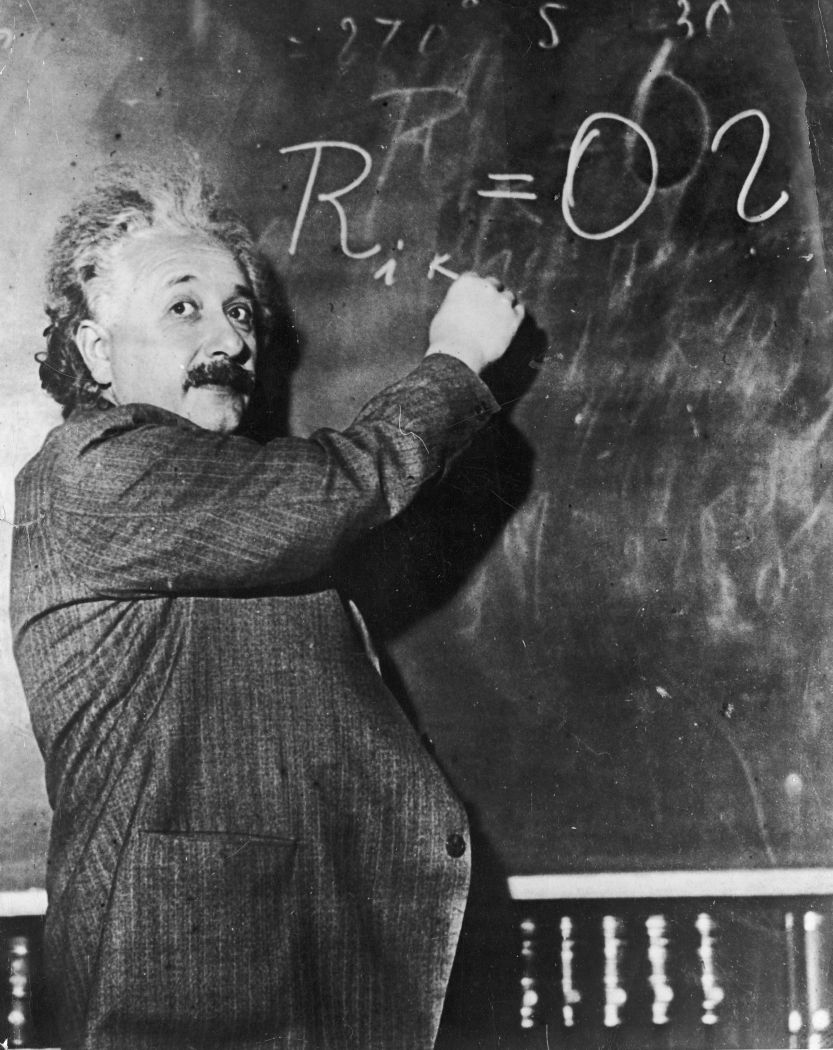Chapter 8. What Is Your Theory of Intelligence, and How Is That Affecting Your Success?
Intro
Play this brief video introduction from one of your authors, Nathan DeWall.
Test Yourself
What is your theory of intelligence?
This questionnaire investigates ideas about intelligence. There are no right or wrong answers. We are interested in your ideas.
Please indicate the extent to which you agree or disagree with each of the following statements.
Question 8.1
1. You have a certain amount of intelligence, and you can’t really do much to change it.
5YvMVymMCOx+ADSd9fUhuIPUr1O6G4tGCVh3bGVWxMgcti3cleaygNwFRFvO/81z/qCjzoWw5yRp/yhW1yQk3bjLYvuV89gqJS+Gq9NXJCxDG1e12. Your intelligence is something about you that you can’t change very much.
5YvMVymMCOx+ADSd9fUhuIPUr1O6G4tGCVh3bGVWxMgcti3cleaygNwFRFvO/81z/qCjzoWw5yRp/yhW1yQk3bjLYvuV89gqJS+Gq9NXJCxDG1e13. No matter who you are, you can significantly change your intelligence level.
5YvMVymMCOx+ADSd9fUhuIPUr1O6G4tGCVh3bGVWxMgcti3cleaygNwFRFvO/81z/qCjzoWw5yRp/yhW1yQk3bjLYvuV89gqJS+Gq9NXJCxDG1e14. To be honest, you can’t really change how intelligent you are.
5YvMVymMCOx+ADSd9fUhuIPUr1O6G4tGCVh3bGVWxMgcti3cleaygNwFRFvO/81z/qCjzoWw5yRp/yhW1yQk3bjLYvuV89gqJS+Gq9NXJCxDG1e15. You can always substantially change how intelligent you are.
5YvMVymMCOx+ADSd9fUhuIPUr1O6G4tGCVh3bGVWxMgcti3cleaygNwFRFvO/81z/qCjzoWw5yRp/yhW1yQk3bjLYvuV89gqJS+Gq9NXJCxDG1e16. You can learn new things, but you can’t really change your basic intelligence.
5YvMVymMCOx+ADSd9fUhuIPUr1O6G4tGCVh3bGVWxMgcti3cleaygNwFRFvO/81z/qCjzoWw5yRp/yhW1yQk3bjLYvuV89gqJS+Gq9NXJCxDG1e17. No matter how much intelligence you have, you can always change it quite a bit.
5YvMVymMCOx+ADSd9fUhuIPUr1O6G4tGCVh3bGVWxMgcti3cleaygNwFRFvO/81z/qCjzoWw5yRp/yhW1yQk3bjLYvuV89gqJS+Gq9NXJCxDG1e18. You can change even your basic intelligence level considerably.
5YvMVymMCOx+ADSd9fUhuIPUr1O6G4tGCVh3bGVWxMgcti3cleaygNwFRFvO/81z/qCjzoWw5yRp/yhW1yQk3bjLYvuV89gqJS+Gq9NXJCxDG1e1Carol Dweck (2000) developed this theory of intelligence scale.
Your Score
This theory of intelligence quiz gives you two scores. The first score relates to how much you believe you can’t change your intelligence. The second score indicates how much you believe you can change your intelligence.

Keystone-France/Getty Images
Your intelligence is unchangeable belief score is
{model.total1}
(range of 4–24)
Your intelligence is changeable belief score is
{model.total2}
(range of 4–24)
Each score can range from 4 to 24. Higher scores reflect a greater belief that intelligence is unchangeable or changeable.
People who believe they can’t change their intelligence lack motivation to work hard. Why bother, if you can’t change your intelligence anyway, right? But is our intelligence really unchangeable? Is that the end of our story, or just the beginning?
Believing intelligence is changeable fosters a growth mind-set. If you believe you can grow your intelligence, you feel motivated to challenge yourself, work hard, and try new things. This growth mind-set actually leads to better learning and more achievement.
Build This Strength
It pays to build a growth mind-set! From womb to tomb, we are developing. Throughout life, new neurons sprout. By promoting a growth mind-set, we can maintain these brain cells and foster new neural connections. Students who learn to use a growth mind-set do better in their courses, drop out of school less often, and are more resilient when their peers frustrate them (Paunesku et al., 2015; Yeager et al., 2013, 2014).
Here are three suggestions to help you develop a growth mind-set.

mimagephotography/Shutterstock
1. Value effort over ability. In-born intelligence matters, but not as much as people think. Even the “smartest” people will not succeed unless they also work hard. Learn to associate effort with success. If you achieve a goal, congratulate yourself on your disciplined effort more than on any innate ability that may have contributed.
2. Don’t fear failure. Everyone goes through struggles and setbacks. But not everyone allows failure to narrow their focus. Rather than failure telling us what we can’t do, it can give us new opportunities to grow our intelligence. You can celebrate your imperfections as new opportunities to learn and grow!
3. Remember that your brain changes. Your brain changes every day. By trying to improve your intelligence, you can help your neural connections grow. When you need to use brainpower to study, remember that your efforts can help your brain make new connections. The brain you’re born with is not the brain you die with.
Dweck, C. S. (2000). Self-theories: Their role in motivation, personality and development. New York: Taylor & Francis.
Paunesku, D., Walton, G. M., Romero, C., Smith, E. N., Yeager, D. S., & Dweck, C. S. (2015). Mind-set interventions are a scalable treatment for academic underachievement. Psychological Science, 26, 784–793.
Yeager, D. S., Johnson, R., Spitzer, B. J., Trzesniewski, K. H., Powers, J., & Dweck, C. S. (2014). The far-reaching effects of believing people can change: Implicit theories of personality shape stress, health, and achievement during adolescence. Journal of Personality and Social Psychology, 106, 867–884.
Yeager, D. S., Miu, A. S., Powers, J., & Dweck, C. S. (2013). Implicit theories of personality and attributions of hostile intent: A meta-analysis, an experiment, and a longitudinal intervention. Child Development, 84, 1651–1667.
QUIZ
Are you ready for the Quiz? Demonstrate and reinforce your understanding by answering the following questions.
Question

Blend Images - Mike Kemp/Getty Images
1. d. changeable.
2. d. all of the above.
3. a. accept setbacks as opportunities to grow.
4. b. effort; innate abilities
5. True